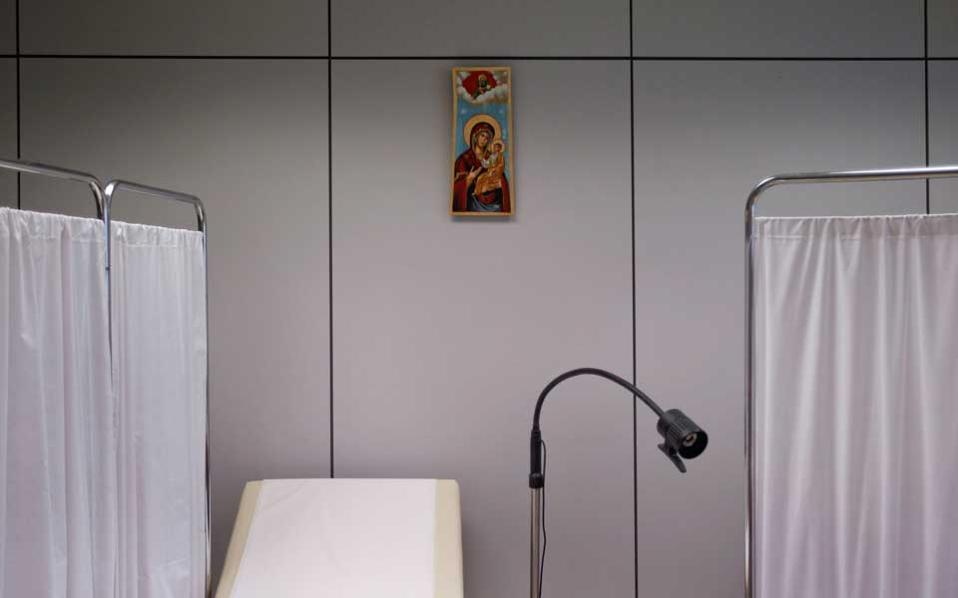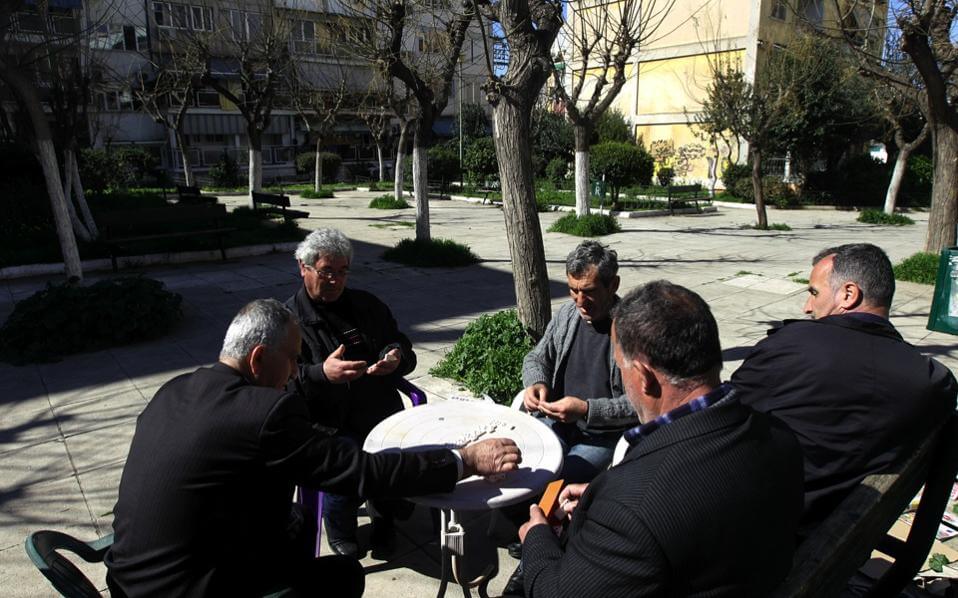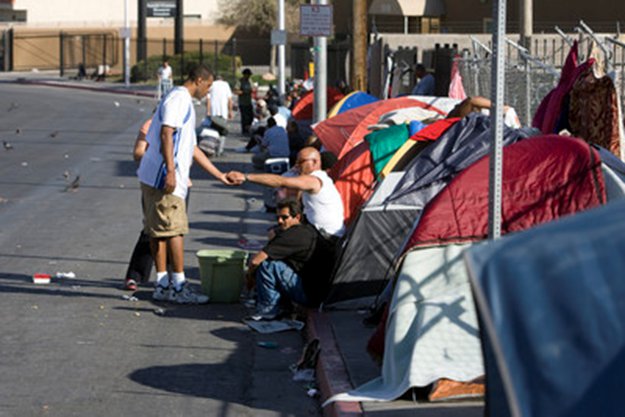Depression rises 80% in Greece, with women hit the hardest
By Sarantis Michalopoulos
A new survey has found that depression among Greeks has dramatically increased, with women being most severely affected.
Greece’s Statistical Authority survey on health is carried out every four years. The first one was conducted in 2009.
After six years of recession, Greece’s public healthcare system has been under enormous pressure due to austerity policies.
PRIVATE CLINICS DENY PATIENTS TREATMENT AS GREECE’S HEALTH SYSTEM COLLAPSESGreece’s private healthcare clinics said on Tuesday (29 October) that they would not accept patients insured by the country’s main healthcare facility, the National Organisation for Healthcare Provision (EOPYY), because the organisation owes €800 million in private healthcare facilities, according to the newspaper Ekathimerini. |
12.9% of Greece’s population stressed that it did not receive at all, or received delayed medical care due to a long waiting list, remoteness or problems in transportation (5%), and 9.4% due to lack of doctors and health specialties.
In addition, 13.6% of Greeks could not afford to receive medical care or treatment had, dental care (15.2%), mental health care services (4,2%), while 11.3% did not have the financial means to buy drugs suggested by a doctor.
Depression on the rise
The survey found an alarming increase of depression in the Greek population.
4.7% of those surveyed said that they were depressed, an 80.8% increase compared to 2009 (2.6%).
Of them, three out of ten men (33%) and nearly seven out of ten women (67%) said they experienced sings of depression signs, while 7.6% of the population suffers from anxiety disorders, and 1.7% from other mental disorders.
In addition, 38.3% of those surveyed said they experienced “negative” emotions, while 3.3% had thoughts such as ” it would be better not to live”.
Drugs
The survey also noted that there was a 2.9% decrease (2.9%) of the drugs’ consumption by prescription drug consumption. One out two (47.4%) of those surveyed used prescribed drugs. The rate in 2009 was 48.8%.
An 11.8% increase was recorded (27.5%) for drugs consumed without a prescription compared to 2009 (24.6%).
Members of younger age groups used more drugs without prescription, which was not the case for older age groups.












